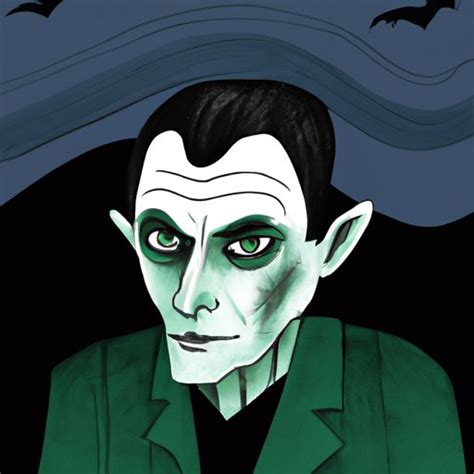Mary Shelley’s Frankenstein, or The Modern Prometheus, first published in 1818, is a gothic novel that has captivated readers for centuries. It tells the story of Victor Frankenstein, a scientist who creates a creature from body parts of the dead. The creature, who becomes known as Frankenstein’s monster, is rejected by society and turns to violence, eventually leading to the deaths of Victor and his loved ones.

The novel has been interpreted in many different ways, and there is no single consensus on which theme best fits the story. However, some of the most common themes that have been identified include:
The Dangers of Scientific Hubris
Victor Frankenstein is a brilliant scientist, but he is also arrogant and overconfident. He believes that he can create life from scratch, and he does not consider the consequences of his actions. His hubris ultimately leads to his downfall, as well as the destruction of his loved ones.
The Importance of Compassion
Frankenstein’s monster is a tragic figure. He is innocent and alone, and he longs for love and acceptance. However, he is repeatedly rejected by society, which leads him to turn to violence. The novel suggests that if Frankenstein had shown more compassion for his creature, the tragic events of the story could have been avoided.
The Power of Nature
Frankenstein’s monster is a powerful creature, but he is also a victim of nature. He is created from the elements of the earth, and he is subject to the same laws of nature as any other living creature. The novel suggests that humans cannot fully control nature, and that attempts to do so can have disastrous consequences.
The Importance of Family
Victor Frankenstein’s family is destroyed by the creature he creates. His father, mother, and brother are all killed by the monster, and Victor is left alone and isolated. The novel suggests that family is one of the most important things in life, and that it should be cherished and protected.
Which Theme Best Fits the Story?
Ultimately, the theme that best fits the story of Frankenstein is a matter of personal interpretation. However, the novel’s exploration of the dangers of scientific hubris, the importance of compassion, the power of nature, and the importance of family all provide valuable insights into the human condition.
Additional Discussion Questions
- What other themes do you think are present in the novel Frankenstein?
- How do these themes relate to the characters and events in the story?
- What do you think the novel is trying to say about the human condition?
Further Reading
- Frankenstein by Mary Shelley
- The Norton Anthology of English Literature
- The Cambridge Companion to Frankenstein
